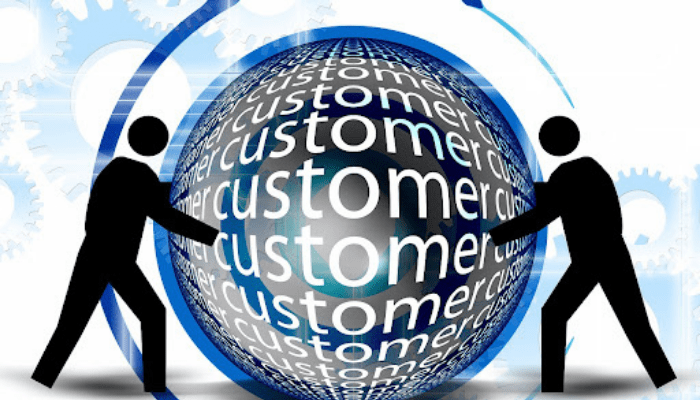Why customer obsession, not capital, drives startup success
In today’s startup world, the loudest stories are often those of massive funding rounds, yet the quiet truth behind most business failures is a neglected customer. Founders celebrate capital injections and valuation milestones, but rarely do they celebrate the conversations that truly build a company: those with their users.
I’ve watched this pattern repeat itself across continents, from Silicon Valley’s venture-backed experiments to Australia’s thriving innovation hubs, where technical founders build impressive products, but not always meaningful businesses. This growing gap between building for the customer and building with the customer inspired my new book, Sales Start with the Customer.
The book is not a conventional manual. It’s a story-driven reflection on what really makes businesses grow: people, processes, and technology, in that order. It invites technical founders, especially those without a business background, to rethink how they approach product-market fit and growth. Because the truth is simple: no process or technology can save a business that doesn’t start with empathy for the people it serves.
The real problem with modern entrepreneurship
We live in an era where speed is glorified and “disruption” is a badge of honour. But in that rush, too many entrepreneurs have become detached from the everyday realities of their customers. When a founder is more focused on investor decks than user feedback, the company begins to drift, not from lack of funding, but from lack of listening.
The irony is that the most successful global companies, from Amazon to Flutterwave, are not built on groundbreaking technology alone. They are built on a relentless obsession with solving the customer’s problem better than anyone else. Funding can amplify that effort, but it cannot replace it.
In Sales Start with the Customer, the story follows two entrepreneurs as they navigate the complexities of turning an idea into a living business. Their journey shows what every founder eventually learns: that “sales” is not merely a transaction; it’s the art of understanding human behaviour, designing around it, and earning trust.
Read also: Desire a real customer experience? Invest in the people behind the smiles
Beyond products: Building value systems
At the heart of every sustainable business are three intertwined elements: people, processes, and technology. Yet in many startups, this hierarchy is reversed, technology leads, processes follow, and people come last.
That order may deliver a minimum viable product, but it rarely produces a minimum viable business. A founder’s real job is to build systems that empower people, employees, partners, and customers to create value consistently. Processes must simplify, not suffocate. Technology must serve, not overshadow.
As one reader, Umashankar Shivanand of the Forbes Technology Council, aptly noted, the book’s ideas are “a valuable resource for both novice and experienced professionals aiming to adopt a customer-centric approach.” That validation reinforces a universal truth: businesses fail not from lack of innovation, but from losing sight of the humans they innovate for.
Why founders must slow down to scale up
The pace of modern entrepreneurship can be intoxicating, but speed without direction leads nowhere. I often tell founders: growth is not about how fast you can build; it’s about how well you can listen.
A founder who listens builds products that last. A founder who listens builds a team that stays. A founder who listens builds customers who return. And in that sense, listening, not funding, not marketing, not virality, becomes the most underrated business strategy of all.
To scale sustainably, founders must slow down long enough to understand what their customers are truly trying to achieve. Not what they say they want, but what their actions reveal. This shift from “what works for the business” to “what works for the customer” transforms not just sales outcomes but also company culture.
Relearning what business really means
Sales Start with the Customer is an invitation to relearn the fundamentals of entrepreneurship. It challenges founders to stop chasing validation and start building value. Because when you design every process, hire every person, and deploy every technology with the customer in mind, success becomes inevitable.
This philosophy isn’t sentimental; it’s strategic. In a world where technology changes daily, customer empathy is the only durable competitive advantage. Capital may open doors, but only customers keep them open.
So, as the startup world continues to celebrate funding rounds, valuations, and exits, it’s time we celebrate something more enduring, founders who build from the inside out, with empathy, clarity, and a deep commitment to the people who make their business possible.
Because in the end, every sale starts and survives with the customer.
Kemi Buluro is an Organisational Development Consultant who helps global companies—from Fortune 500s to startups—simplify processes, strengthen collaboration, and drive innovation. She designs simulation-based learning experiences, including one used by Air France-KLM to train teams in consultative selling. Kemi is also the author of Sales Start with the Customer, a narrative-style business book that teaches customer-centric thinking through reflection and storytelling.

